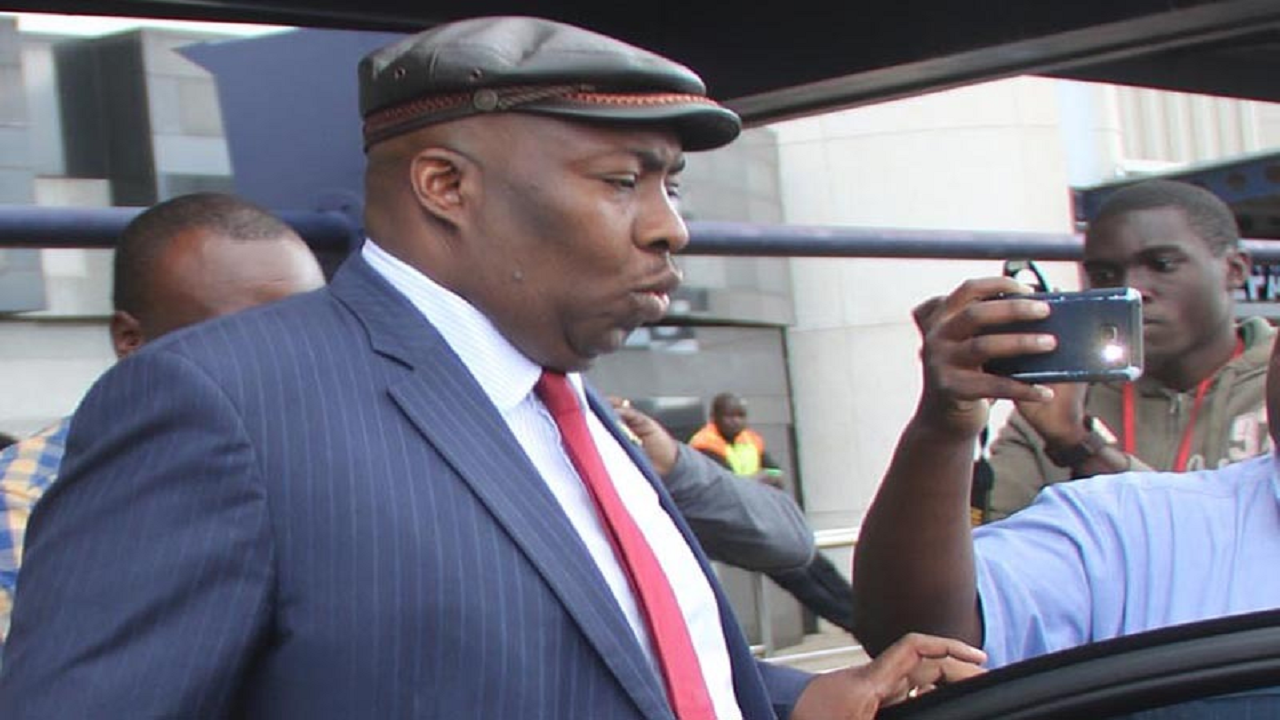
Kasukuwere Promises ‘Closure’ On Emotional Gukurahundi Issue
Saviour Kasukuwere, a former Zanu-PF Political Commissar and close ally of the late Zimbabwean strongman Robert Mugabe has pledged to put to rest once and for all the highly emotive Gukurahundi problem if elected.
In his 84-page political manifesto document, one of the highlights is this dark chapter in Zimbabwe’s history.
“It’s time to reconcile, put our past differences aside, and embrace one another, while acknowledging our failures and repairing the damage that our acts of omission and commission have caused,” he said.
Kasukuwere directly referenced the Gukurahundi period, during which thousands of people from Matabeleland and parts of the Midlands provinces were killed by the Fifth Brigade, an elite army unit, between 1982 and 1987.
“The Gukurahundi question requires a permanent resolution, and a peaceful closure, as with other past conflicts in our history,” reads the manifesto.
In the early to mid-1980s, then leader Robert Mugabe, Kasukuwere’s political godfather, launched a crackdown against Joshua Nkomo’s Zapu supporters, mostly Ndebele speakers, accusing of them of being “dissidents” and plotting to topple his government.
According to a report titled “Breaking the Silence” by the Catholic Commission for Justice and Peace in Zimbabwe (CCJP), an estimated 20 000 civilians were killed by the Fifth Brigade.
Later in his life, Mugabe would say that Gukurahundi was “a moment of madness”.
Currently, there is a raging debate on whether the state-sanctioned Gukurahundi massacres should be classified as genocide.
President Emmerson Mnangagwa was Mugabe’s State Security minister at the time of the Gukurahundi crackdown. Ngwena, as Mnangagwa is known in political circles, came to power in a putsch in November 2017.
As head of state, he has opened channels for dialogue with civil society and communities that were affected.
Mnangagwa also established a human rights commission to look into the matter, as well as a plan to organise the reburial of some of the victims, and facilitated their children’s acquisition of national identification documents.
However, his critics say he hasn’t done enough.
“It has been lip service from the government up to this day. There’s no acknowledgement of the wrongs that were done to the people. President Mnangagwa only said the issue should be debated, but beyond that, there’s nothing,” said Mbuso Fuzwayo, the secretary-general of Ibhetshu LikaZulu, a Gukurahundi research institute.
Now Kasukuwere is taking advantage of this fault line.
“At least, of all political actors in the country, Kasukuwere acknowledges that there was Gukurahundi, and it led to the institutional sidelining of people from Matabeleland,” Fuzwayo said.
In the manifesto, Kasukuwere talks about reparations and claims that his government will make up to R18 billion ($1 billion) available to address the more than three-decade-old issue.
Kasukuwere launched his manifesto this week, despite a pending court challenge by Zanu-PF activist Lovedale Mangwana, who is seeking to disqualify Kasukuwere on grounds that he had been away from the country for more than 18 months.



